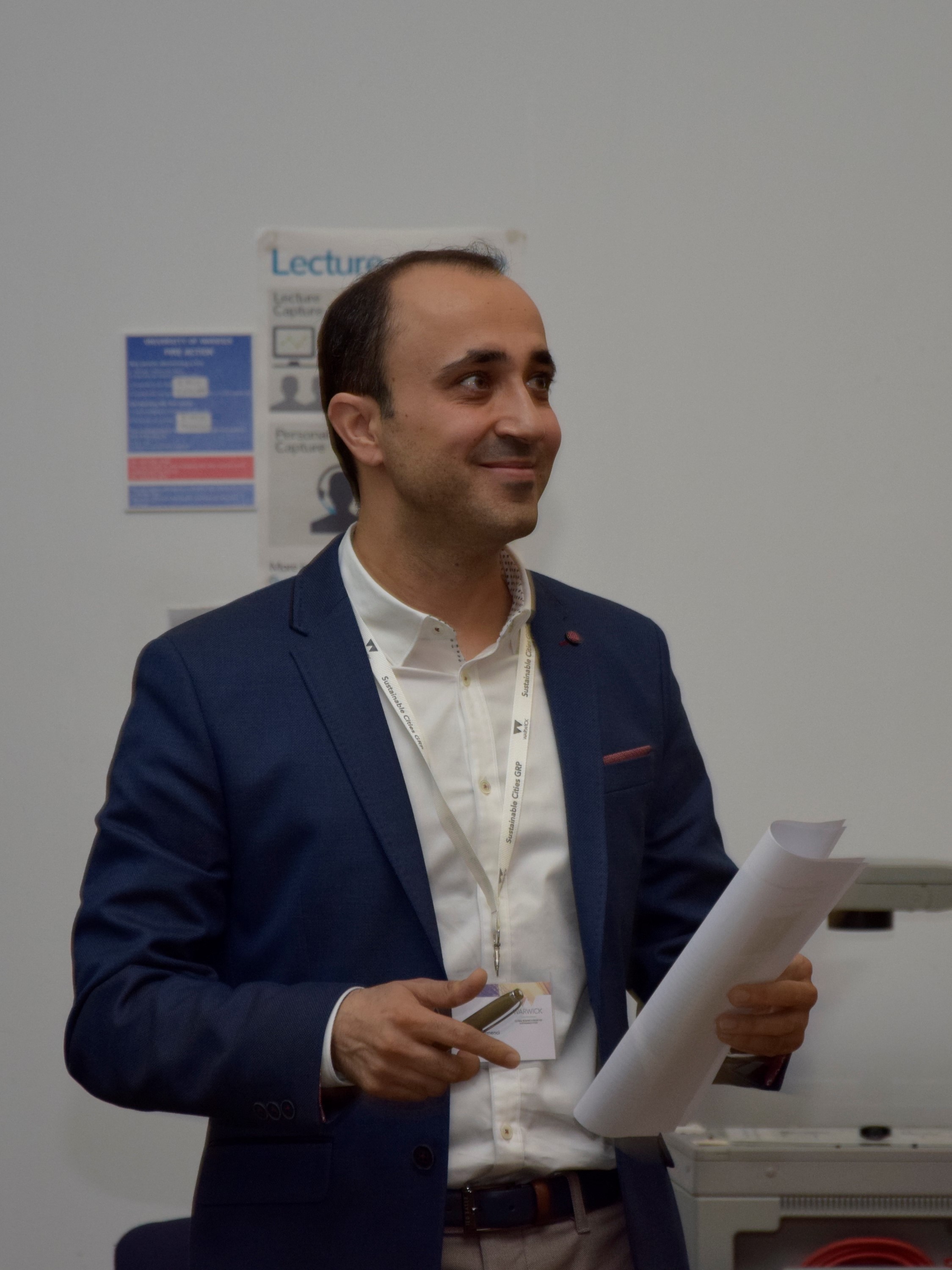Renewable Energy (IL914)
Summary
Overall, at least 1.6 billion people—one-fourth of the world’s population—currently live without electricity and this number has hardly changed in absolute terms since 1970. And yet, the electricity required for people to read at night, pump a minimal amount of drinking water and listen to radio broadcasts would amount to less than 1 percent of overall global energy demand.
Developing and emerging economies face thus a two-fold energy challenge in the 21st century: Meeting the needs of billions of people who still lack access to basic, modern energy services while simultaneously participating in a global transition to clean, low-carbon energy systems. And historic rates of progress toward increased efficiency, de-carbonization, greater fuel diversity and lower pollutant emissions need to be greatly accelerated in order to do so.
To a significant extent, fortunately, the goal of reducing greenhouse gas emissions may be aligned with the pursuit of other energy-related objectives, such as developing indigenous renewable resources and reducing local forms of pollution. This module will be delivered by specialists in bioenergy, biotechnology and renewable energy.
Teaching
This is a five-day intensive module; including lectures and workshops.
The module will impart advanced understanding of the principles of modern renewable energy technologies, including biofuels from a variety of sources, wind power, solar energy, geothermal, ocean and hydro power and ethical and practical considerations. The particular focus will be given to the limitations and restrictions in developing countries.
Assessment
15 CATS:
- Oral presentation
- Essay
30 CATS:
- Oral presentation
- Essay
- Student-devised project
The student-devised project for the 30 CATS assessment will offer an opportunity for students to work in collaboration with the tutor and to create a piece of work that offers a solution to a controversial topic or question that has interested them during the module. Students are encouraged to undertake their own research utilising methodologies presented during the module.
Illustrative syllabus
The module will consist of 5 days sessions. The module leader will attend all of each session, to integrate and stimulate the interdisciplinary learning. Each day will include an interactive one-hour workshop session, the first will be done to critically discuss the pros and cons of different renewable energy technologies for a sustainable society, others will cover the critical assessment of local small scale applications for developing countries.
Overview of renewable energy
This lecture will present and assess the current resources, energy use and production scale and their availability. It will then follow a brief outline of existing and proposed renewable energy sources and assess their economic and societal impacts and challenges.
Solar & wind energy
In this lecture solar thermal and solar photovoltaics will be introduced. Their current technology and setbacks for large scale applications will be presented. Novel approaches, new trends and future potential will be discussed by using examples from recent research. In the afternoon session; wind energy will be introduced; wind turbine configurations and power generating technologies will be thoroughly presented and technical challenges will be discussed.
Hydro power energy
Principles of hydro power technology, ocean current, tidal & wave energy: technology, economics, challenges and current research and development projects will be assessed. Ground source and geothermal energy: principles, operation, future scope will be discussed.
Biomass and Bioenergy
This day will look at the principles of modern bioenergy; obtaining biofuels from a variety of biomass resources, i.e. agricultural waste, municipal waste, industrial food waste etc. Biomass chemistry, biomass treatment methods and design for the conversion of biomass will be critically evaluated. Students will gain a thorough understanding of the potential for sustainable biotechnologies for power production as well as the fundamental principles underlying biomass formation/production and energy conversion.
Life cycle analysis of renewable technologies
This day will describe the principals of analysing the existing or proposed technologies from cradle to grave. We will look at how to conduct an overall Carbon Footprint/Life Cycle Analysis with various renewable energy technology examples i.e. biogas production from Anaerobic Digestion, etc. Ethical issues surrounding the implementation of different technologies will be critically assessed in class discussions with students.
Quick links:
Available on:
- MSc Humanitarian Engineering
- MSc Humanitarian Engineering - Sustainability (15 or 30 credits)
- MSc Humanitarian Engineering - Management

"Humanitarian challenges require people trained with a broad perspective who can communicate with different parties of different backgrounds."
Lecturer and Programme Director
Dr Volkan Degirmenci
